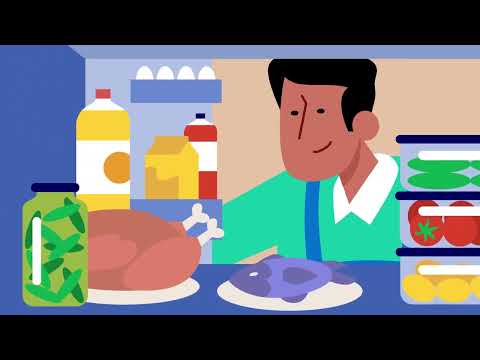Campylobacteriosis
Campylobacteriosis is a bacterial disease that causes diarrhoea. It is caused by different species of bacteria called Campylobacter, which is commonly found in faeces of animals such as poultry, cattle, pigs, wild birds, and wild mammals.
Symptoms appear in 2 to 5 days after ingestion of Campylobacter bacteria and include:
- severe stomach pain
- watery or bloody diarrhoea
- fever
The most common way people get infected is:
-
eating contaminated food or drinking contaminated water
-
swimming in natural bodies of water
-
having direct contact with animals carrying Campylobacter bacteria
In most cases, these digestive tract symptoms are relieved in due time, but in some cases, they can be severe and require hospitalisation. Treatment with antibiotics is rarely needed.
Complications, such as an inflammation in one or more joints, can occur in 5-10% of cases and in very rare instances, it can cause a temporary, but severe paralysis of muscles.

